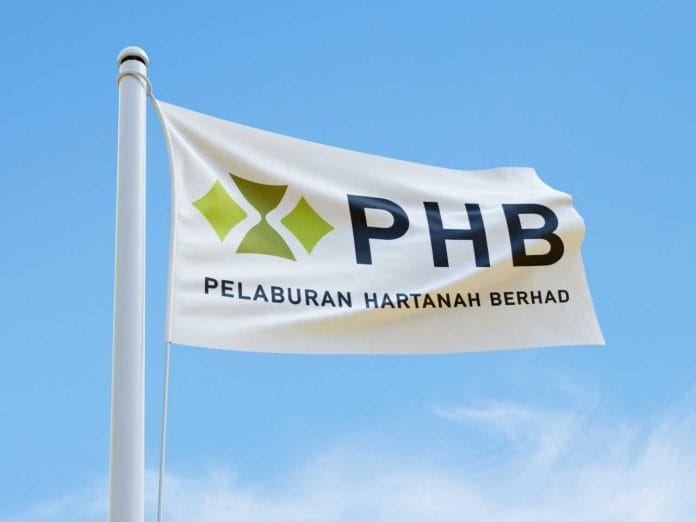Pelaburan Hartanah Berhad the operational arm of Yayasan Amanah Hartanah Bumiputera, today announced its attainment of a Gold Sustainability Rating from RAM Sustainability Sdn Bhd (RAM Sustainability) highlighting its exemplary sustainability performance in the property investment sector.
RAM said the rating positions PHB among the top half of its Sustainability’s overall rating portfolio, and demonstrates the group’s commitment to integrating Environmental, Social and Governance (ESG) standards into its property investment and operational practices while pursuing financial results for its stakeholders.
“Our strong sustainability performance demonstrates the success of our consistent ESG efforts, laying the groundwork for our real estate portfolio to perform in the long run,” said Group Managing Director/Chief Executive Officer of PHB, Mohamad Damshal Awang Damit.
Chief Executive Officer of RAM Sustainability, Gladys Chua Pei Rong, stated, “The G3 Sustainability Rating awarded to PHB reflects its strong governance and social performance, as demonstrated by an independent board, comprehensive risk and sustainability frameworks as well as the customer-centric approach in its operations. The organization’s practical measures of anti-bribery and corruption are evident throughout its operations. As a government-linked property investment entity with a significant Bumiputera mandate, RAM Sustainability applauds PHB’s proactive approach to ESG, which is essential for PHB to effectively carry out its mission,” she said.
Mohamad Damshal added, “The sustainability rating exercise by RAM Sustainability provides a baseline for PHB to strategize its ESG efforts moving forward. Over the next three years, we plan to close the Scope 3 monitoring and supply chain management requirements gaps and improve the comprehensiveness of our data collection. We anticipate that this will place PHB in the top 10 percent of its peer group and consequently positive financial and operational outcomes,” he said.
Scope 3 emissions encompass indirect emissions occurring in the company’s value chain, which are not accounted for in Scope 1 and Scope 2









